The South’s hidden gems? Its diverse gas stations, according to this photographer
Two decades ago, when the photojournalist Kate Medley was in graduate school in Oxford, Mississippi, she would often frequent a local gas station with an off-menu offering: Tupperware containers full of home-cooked Indian food, made by the owners, for whomever knew to ask.
Though it would be years before she began a long-term series on the gas stations and roadside stops of the American South, Medley’s pit stops intrigued her; she grew to recognize the spaces as vital foodways in both urban and rural areas.
Though many provide simple goods and services — like coffee, hot dogs or an oversized bathroom key — others offer diverse, unexpected offerings: crawfish etouffée, tamales, Cajun-style bahn mi, all-you-can-eat barbecue, or even an entire country ham to purchase along with your cigarettes.
Often overlooked because of their perceived liminal nature, these quick stops can be lifelines for the communities they serve, Medley pointed out, as well as opportunities for people to strive for the so-called American Dream. (In 2013, the Fiscal Policy Institute reported that 61% of all fueling stations in the US are independently owned by immigrants.)
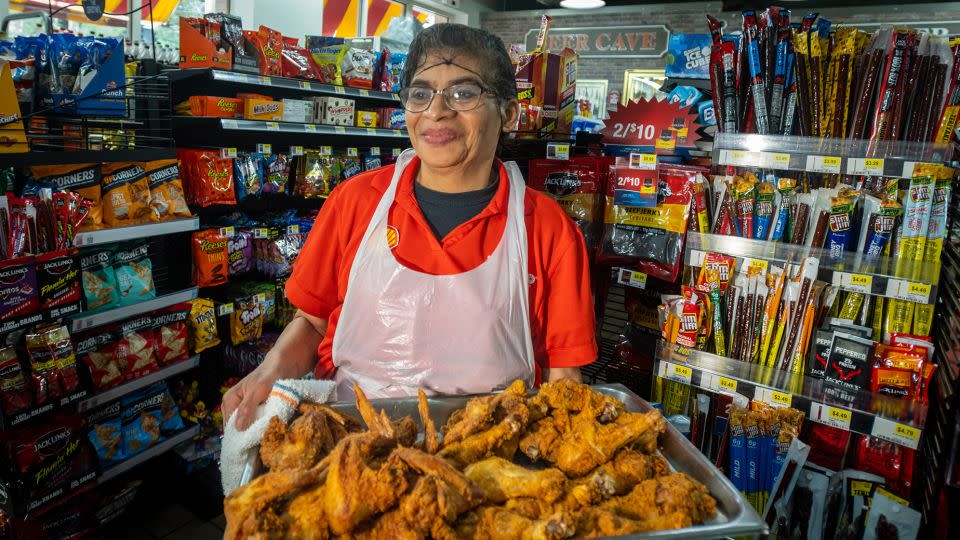
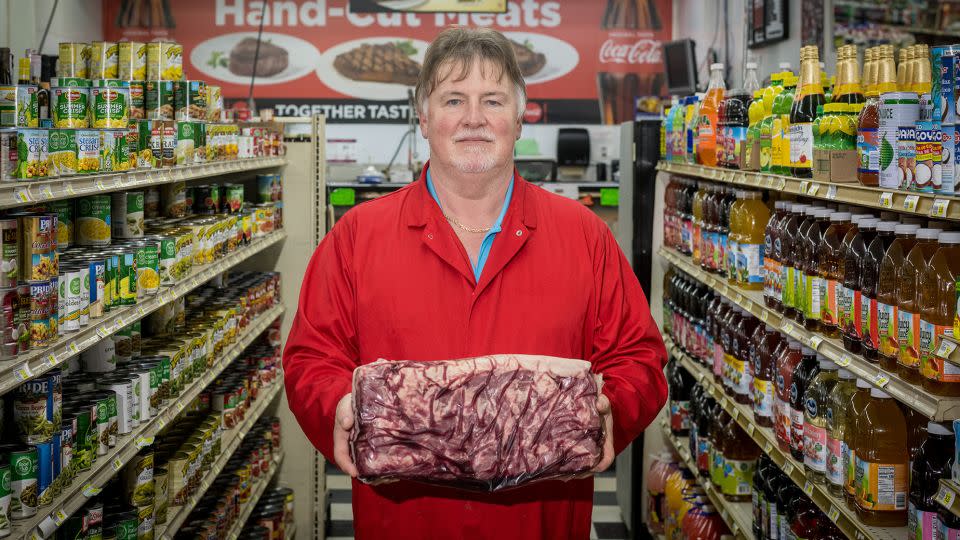
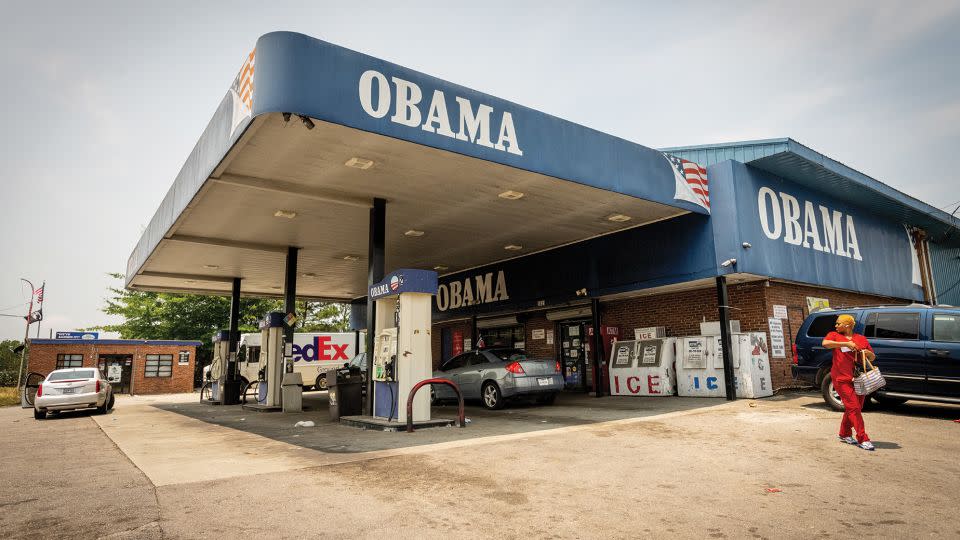
“Increasingly, as I traveled, I felt like there was this big gap in scholarship that did not take seriously the role that these spaces play,” Medley explained in a phone call. “And I found it super compelling — the people who work there, the food that they’re cooking and the community they’re creating. I see as integral to who we are as Southerners and what this region has to offer.”
Now, “Thank You Please Come Again” is both a photo book of 200 images, published late last year, and the subject of Medley’s first museum exhibition at the Mississippi Museum of Art in Jackson, where she grew up.
Scouting across the South
For a decade, Medley took the images while on the road, at first on the side when she was on assignment, then as her main focus as the project progressed. She visited around 150 gas stations and quick stops in total, finding the unique curation of each space compelling.
“There’s this sort of mystery of these spaces,” she said. “As you approach them, you open that little glass door and hear the bell jingle. What will be inside? What will it smell like? Who will be there? What’s on the menu that day?”
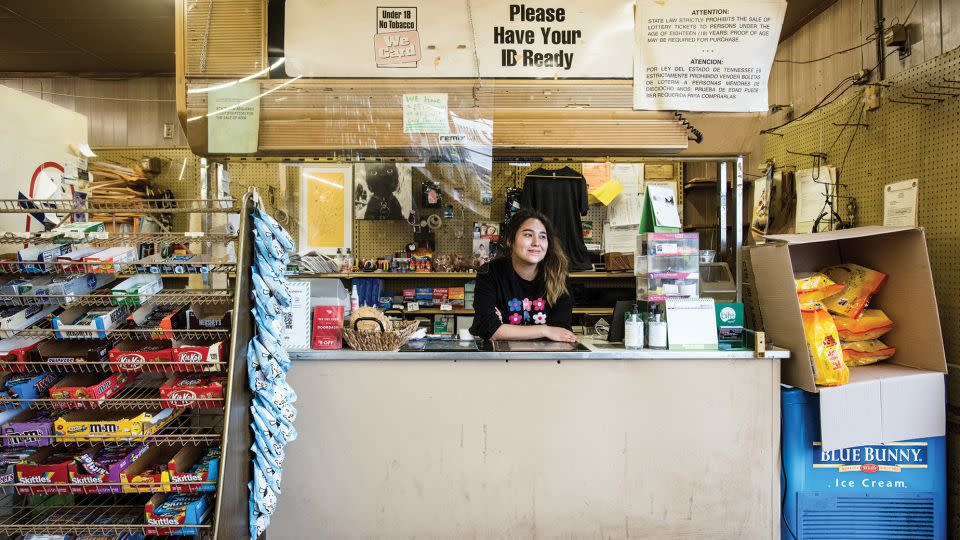
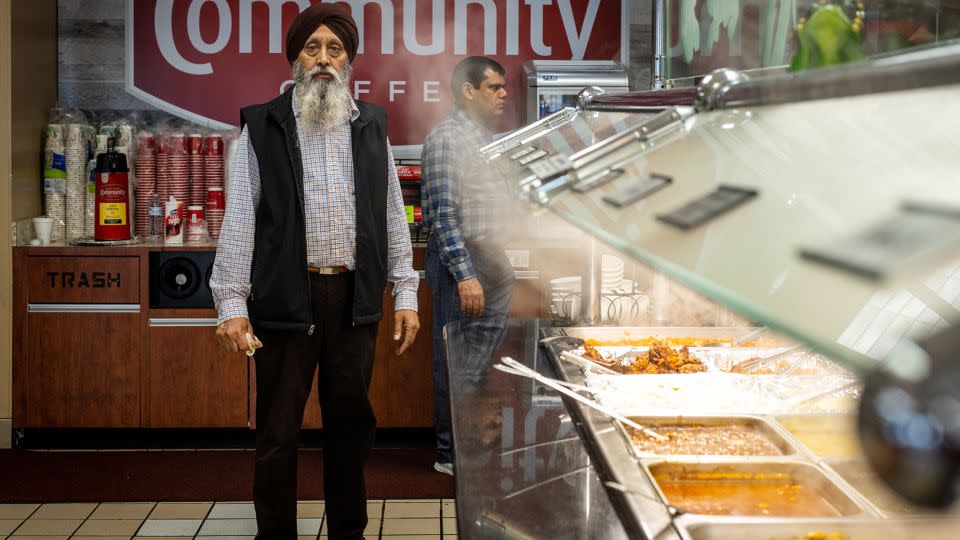
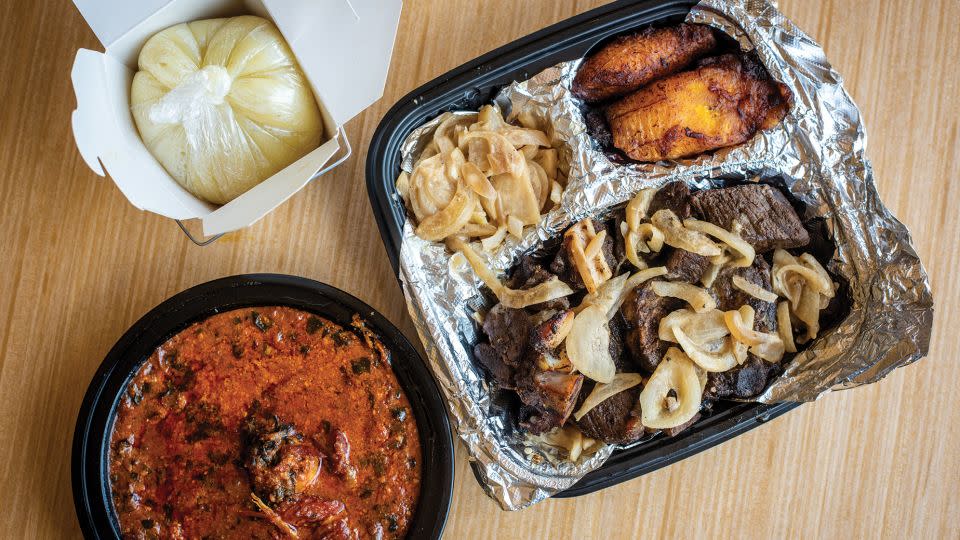
These hidden gems include Saint Louis Saveurs in Greensboro, North Carolina, an outpost for Senegalese food in the back of a Circle K that serves up jollof rice and the grilled lamb dish dibi. The modest restaurant used to be a Dunkin Donuts, Medley noted — the door handle was still a “D” when she photographed the space. Then there’s the Hammond, Louisana-based Icebox — a Punjabi dhaba, or gas station-adjacent foodery, that stripped out its convenience-store goods in favor of a full Indian buffet.
The owners positioned Icebox at the intersection of two interstates in order to serve long-haul truckers, Medley learned after speaking with them — particularly those recruited from India, she explained.
“They have found tremendous success,” she said. “But actually, when I was there, they were telling me that their new business plan is to rip out the dhaba and return that to a convenience store. They’re going to move the dhaba to a standalone restaurant building, because they decided that rich people will never eat in a gas station.”
Changing landscapes
For every success story, there are businesses struggling — a lot of them, Medley noted, particularly in rural areas where the population has declined.
In one station in Elaine, Arkansas, she said, the gas pumps have been discontinued and the grocery shelves are bare; a local farmer bought the space purely to offer hot food options to local farmworkers hot food each day, who bring in consistent revenue.
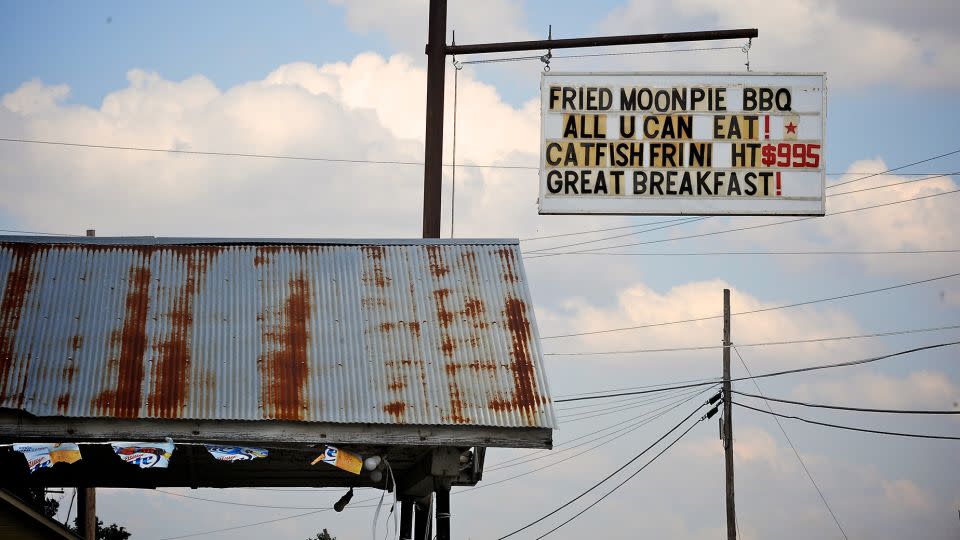
“The closest gas is 30 miles away,” Amanda Simonson, the general manager, told Medley when she walked in, according to Medley’s book. “But I can offer you smothered pork chops.”
In Banner, Mississippi, the owner of Pop’s gas station explained to Medley just how important his business was to nearby residents, pointing out a local customer who was there for the lunch plate.
“Since his wife died last year, he eats at Pop’s for breakfast, lunch, and dinner,” the owner, Jeff Poynor, told her.
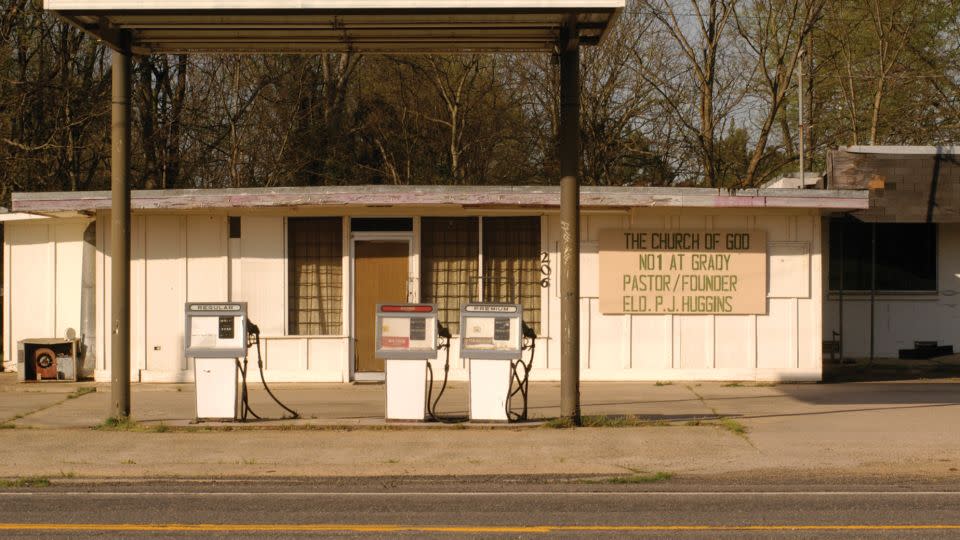
One of the advantages of these small businesses is their adaptability, Medley argued. Though not all have been able to stay in business over the years, she’s found that many others have transformed. Gone are the Slim Jims and Red Bulls — instead you might find a little nightclub, or a ham-curing enterprise that ships out around the country. (She’s seen both.)
“I feel optimistic that they’re continuing to pop up,” she said of the stores. “I don’t think these places are going away… What that’ll look like, in 50 years with electric vehicles or self-driving cars or whatever’s next — I’m not sure.”
“But I feel confident it will be something,” she added, “that these buildings will persist, and that entrepreneurs will persist in finding a way to make them work.”
For more CNN news and newsletters create an account at CNN.com

